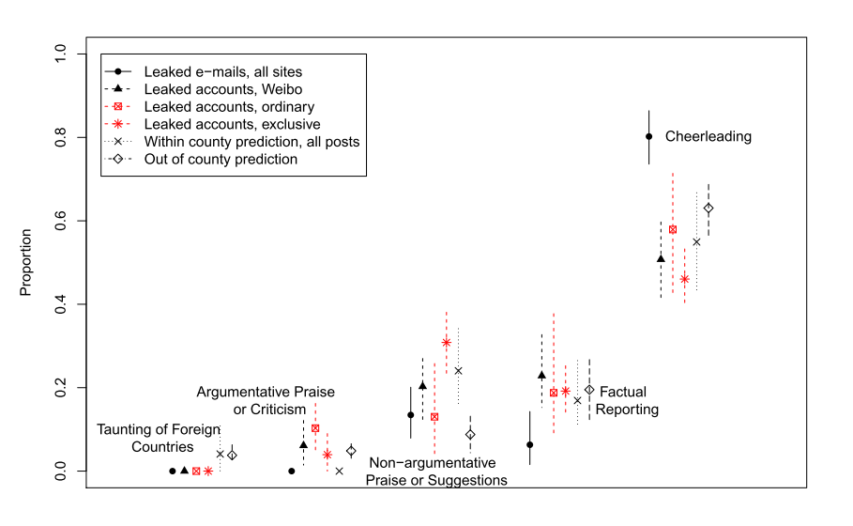Which leads me to social media, Facebook specifically.
As this dramatic shift occurred, we began to see another shift within social media, one that reached its apex during the 2016 presidential election. That was the politicization of everything, not just by the institutional left, but by the soft left as well.
Where before the voters on the left were mostly passive receivers of Cultural Marxism, they had now become active participants via propaganda, slander, social shaming, and otherizing. This meant that conservatives were now being assaulted on two fronts, both from the institutional left and the soft left.
Every conservative who is active on Facebook knows what I’m talking about. After decades of Americans keeping their politics mostly to themselves, suddenly our feeds were jammed up with political invective.
It wasn’t just directed at politicians. It was personal — a relentless litany of insults and abuse, first at the Tea Party and then Trump supporters. Most of it was generalized, but the message was clear. They held our kind in contempt and didn’t care who knew it. In fact, they seemed to be in a contest to see who could broadcast it the loudest.
Most conservatives were hurt by this. We tend to keep our politics relatively private, both out of decorum and respect for our relationships with people whose politics differ from ours. The message that these public posts sent to us was that our “friends” on the left didn’t respect or value us enough to avoid giving offense.
As someone who has been following politics since high school, I tend not to trust my own instincts what the average voter thinks. I’m simply to close to the subject. My wife, however, is a fairly low-key traditionalist who doesn’t care to immerse herself in that world and so I use her as my political weather vane.
And so I knew that there was a storm brewing when she snapped down her phone over breakfast one day after reading Facebook and told me how sick and tired she was of her friends’ political posts.
“When they say those things,” she fumed, “they’re talking about our family.”
“I’m so sick and tired of being told that I’m a bad person because I disagree with someone’s position on abortion or transgender bathrooms. Who do they think they are to tell everyone what they’re required to believe?”
The hurt had turned to anger and quiet resolve.
The left sought to reprimand the right. What they did was alienate it. Their social media echo chamber only served to steel conservative misgivings about Donald Trump, if for no other reason than we simply couldn’t abide by being pushed around for another 4-8 years.
It’s one thing to know that your friends disagree with you. It’s another to realize that they think you’re stupid, uneducated, a bigot, bully, sexist, jerk and everything that’s wrong with the world.
My Facebook feed has almost completely bifurcated into two silos that don’t communicate much at all (Americans more than Canadians, but even my Canadian lefty friends are less likely to interact with folks on the right than they used to be). The libertarians are, as usual, not statistically significant (we’re used to that).




